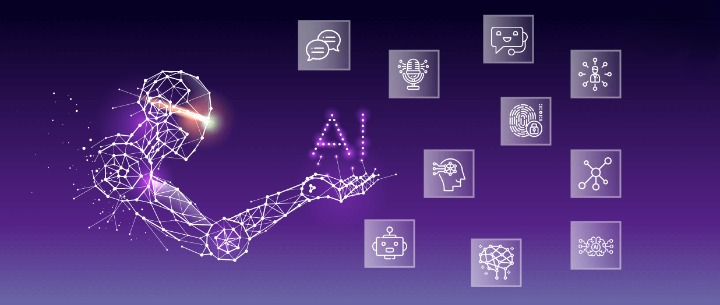Corporate AI Could Undermine Web3 and Decentralization
Artificial intelligence (AI) holds the promise of revolutionizing tools and technologies, fostering new economic opportunities and accelerating creativity. However, AI also has the potential to entrench existing corporate interests and potentially exclude the Web3 ecosystem.
Chris Donovan, Chief Operating Officer of Near Foundation, which governs the Near Protocol blockchain, expresses concerns shared by many in the field. He warns that without a genuinely open environment for AI development, the dream of an open web might never be realized.
Illia Polosukhin, co-founder and CEO of Near Foundation, elaborates on the risks posed by corporate-controlled AI. He notes that most AI development is occurring within large corporations focused on increasing their revenue. This “corporate-owned AI,” according to Polosukhin, could lead to a scenario where users are confined within corporate silos, manipulated to spend more time on company products without realizing the lack of alternatives.
Polosukhin compares this to past corporate practices, such as Microsoft’s anti-competitive actions in the web browser market, which led to a major antitrust lawsuit in 2001. More recently, the European Union charged Microsoft with unethical practices related to bundling Microsoft Teams with Office, giving it an undue advantage over competitors.
The potential for AI to exacerbate anti-competitive behavior is particularly concerning due to its ability to manipulate user behavior. Users might be unable to escape these systems and might not even realize they are being manipulated.
Donovan also predicts that AI could worsen social media’s negative effects, such as political polarization and misinformation. These platforms often prioritize attention over quality information, and AI could amplify these tendencies, further damaging societal trust and cohesion.
Polosukhin adds that AI could centralize information delivery even more, reducing traffic to independent media sources and thereby undermining the diversity and independence of media.
Despite these concerns, AI also offers significant potential benefits. Polosukhin highlights the potential for AI to empower individuals, making even non-technical users capable of building and customizing applications. AI assistants could also simplify everyday tasks, enhancing productivity.
Near Foundation is pursuing a vision of “user-owned AI,” launched with six partners. This initiative aims to create a secure, decentralized AI ecosystem that empowers end-users and supports open-source research. Near’s goal is to become the underlying infrastructure for this ecosystem, handling identity and payments while enabling offchain AI computation.
Polosukhin emphasizes that while AI inference runs offchain, Near is developing various components to tie everything together, enabling a future where AI and Web3 can coexist and thrive without succumbing to corporate control.
